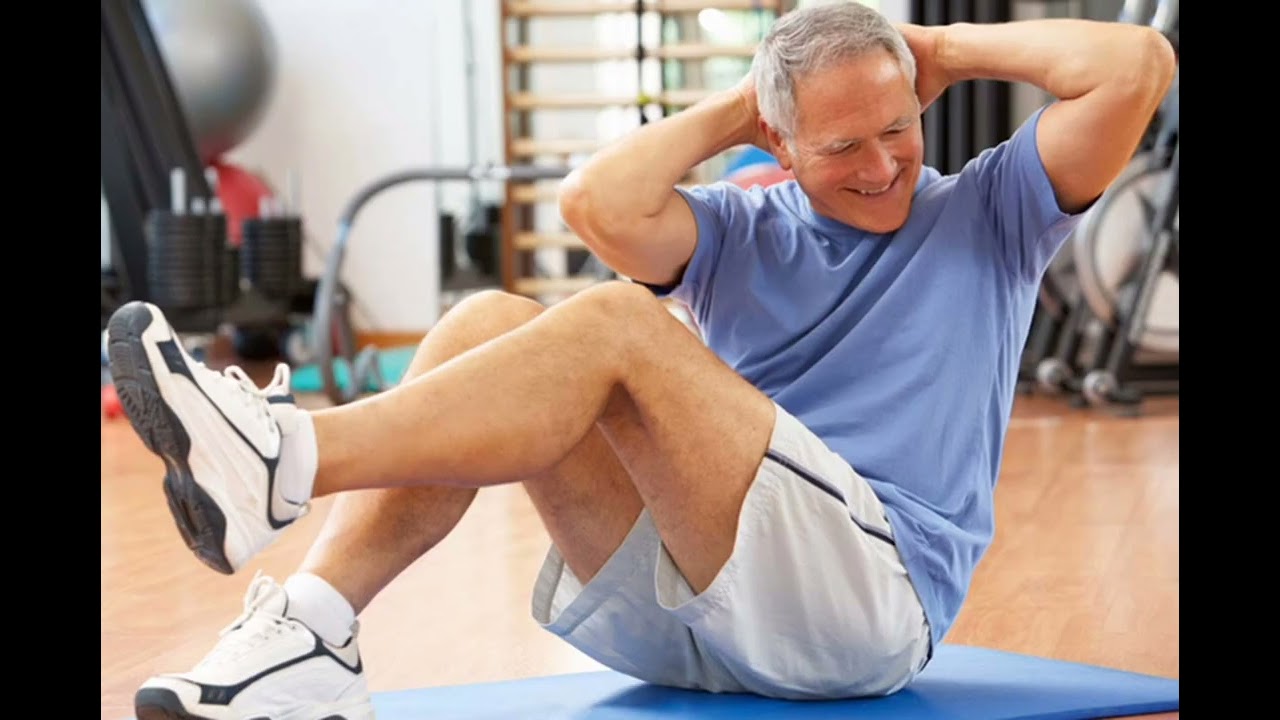
Aging is a natural part of life, but it comes with its share of emotional and mental challenges. As seniors transition into retirement, face health concerns, or experience changes in their social circles, they may find themselves struggling with stress and anxiety. Managing these feelings effectively is essential for maintaining overall well-being and enjoying life’s golden years with peace and fulfillment.
As people age, they encounter various stressors that can trigger anxiety. Financial concerns, medical conditions, and the loss of loved ones are common challenges that seniors face. Unlike younger individuals who may have more flexibility in adapting to stress, seniors often experience heightened emotional responses due to reduced coping mechanisms. Chronic stress can also lead to health complications such as high blood pressure, weakened immunity, and heart disease.
One of the most effective ways to manage stress and anxiety is to identify its root causes. Whether it stems from loneliness, fear of the future, or declining physical health, acknowledging these emotions is the first step toward finding relief. Engaging in self-care activities and maintaining a positive outlook can help seniors regain control over their emotions and enhance their quality of life.
Role of Physical Activity in Stress Management
Regular physical activity plays a crucial role in reducing stress and anxiety among seniors. Exercise releases endorphins, which act as natural mood boosters, helping to alleviate feelings of tension and worry. Activities such as walking, yoga, and swimming not only promote physical health but also contribute to emotional well-being.
Engaging in low-impact exercises can improve sleep patterns, reduce muscle tension, and enhance overall cognitive function. Seniors who participate in group activities like tai chi or dance classes often experience social benefits, which further help in managing stress and anxiety. Additionally, spending time outdoors and practicing mindful movement can bring a sense of relaxation, making it easier to cope with life’s challenges.
For those with mobility limitations, simple stretching exercises or chair yoga can be excellent alternatives. The key is to find an enjoyable activity that fits individual needs and preferences, ensuring consistency in maintaining an active lifestyle.
The Importance of Social Connections
Social interactions play a vital role in emotional health, helping to combat loneliness and reduce stress and anxiety. Maintaining strong relationships with family, friends, and community members provides emotional support and creates a sense of belonging. Seniors who regularly engage in social activities tend to feel happier and more connected.
Joining local clubs, participating in volunteer work, or attending group outings can provide meaningful interactions and prevent feelings of isolation. Technology also offers opportunities to stay connected—video calls, social media, and messaging apps allow seniors to maintain relationships even when distance is a factor.
For those needing additional assistance, seeking support from professionals can be beneficial. In some cases, services such as senior home care in Irvine provide personalized care and companionship, ensuring that seniors receive emotional and practical support tailored to their needs. Having a trusted caregiver can offer reassurance and significantly reduce daily stress.
Mindfulness and Relaxation Techniques
Practicing mindfulness and relaxation techniques can be highly effective in managing stress and anxiety. Mindfulness involves being present in the moment and focusing on thoughts and emotions without judgment. Techniques such as deep breathing, meditation, and progressive muscle relaxation help calm the nervous system and create a sense of inner peace.
Meditation, even for just a few minutes a day, can significantly reduce anxiety levels by shifting focus away from worries and fostering a sense of tranquility. Guided imagery, where individuals visualize peaceful settings or positive experiences, can also help in stress reduction. Many seniors find comfort in spiritual practices, including prayer or reflective journaling, which provide an outlet for expressing emotions and finding clarity.
Additionally, engaging in hobbies like gardening, painting, or playing music can serve as effective stress relievers. These activities not only provide enjoyment but also encourage mindfulness, keeping the mind engaged and relaxed.
Healthy Lifestyle Choices
Maintaining a healthy lifestyle is fundamental in reducing stress and anxiety. A balanced diet rich in essential nutrients supports brain function and stabilizes mood. Foods high in omega-3 fatty acids, antioxidants, and vitamins help reduce inflammation and promote mental clarity. Avoiding excessive caffeine, alcohol, and processed foods can prevent mood fluctuations and energy crashes.
Quality sleep is also essential for emotional well-being. Establishing a bedtime routine, creating a comfortable sleep environment, and limiting screen time before bed can improve sleep quality. Lack of sleep can contribute to increased stress levels and negatively impact cognitive function.
Lastly, seeking professional help when needed should never be overlooked. Therapy or counseling provides valuable coping strategies, helping seniors navigate emotional challenges effectively. Consulting with healthcare professionals about any persistent symptoms of anxiety ensures timely intervention and prevents further complications.
By incorporating these strategies into daily life, seniors can successfully manage stress and anxiety, fostering a sense of balance and fulfillment in their golden years. Finding joy in simple moments, staying active, and nurturing social connections all contribute to a happier and healthier aging journey.